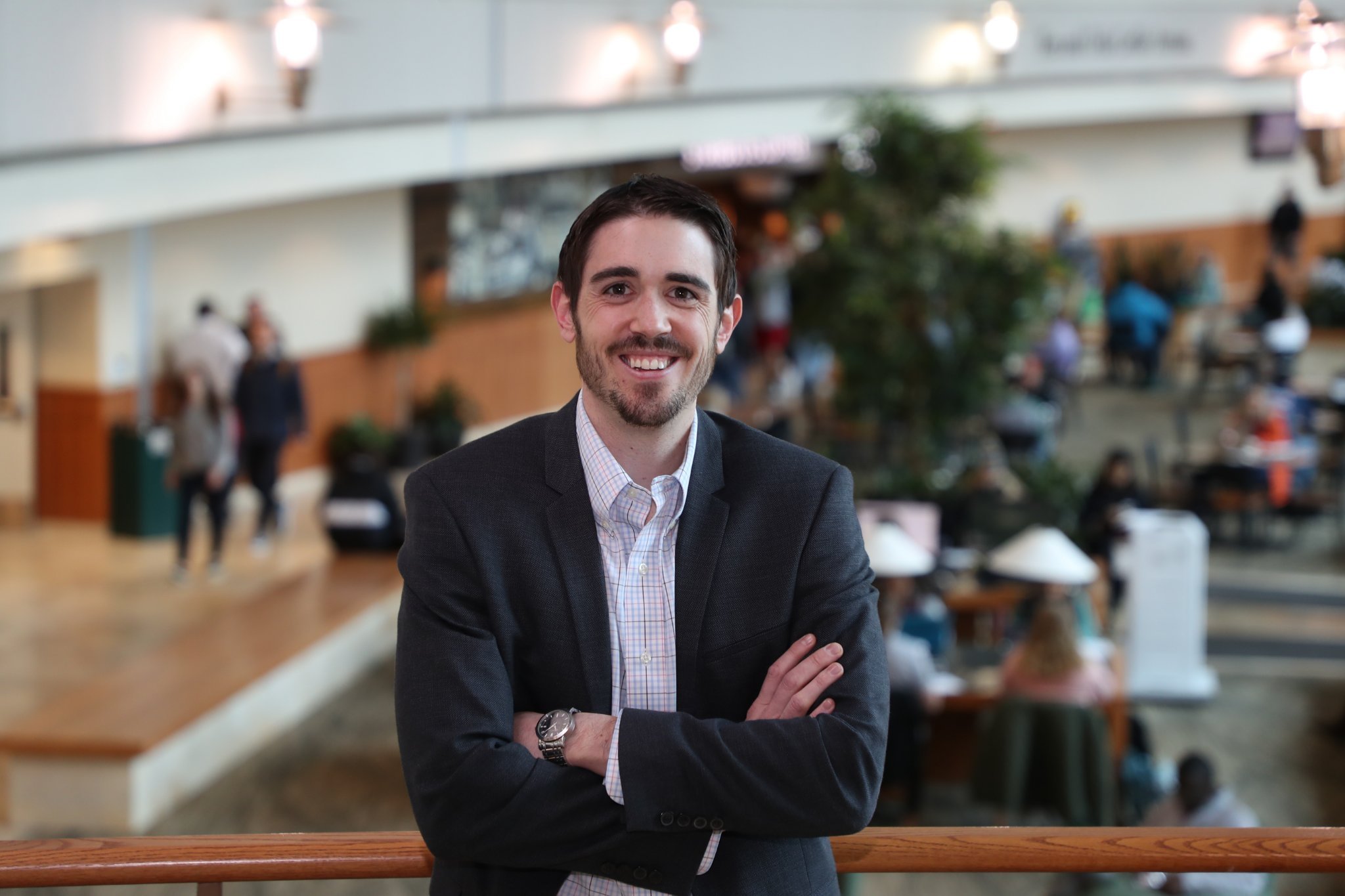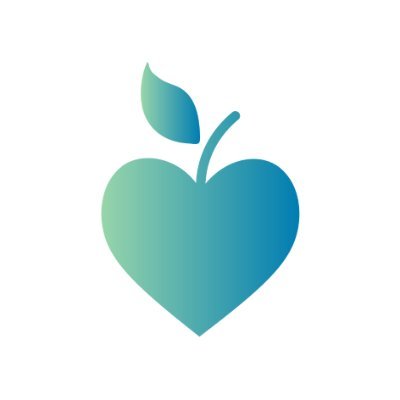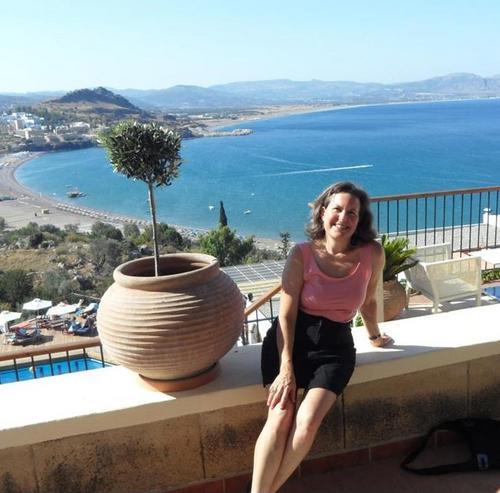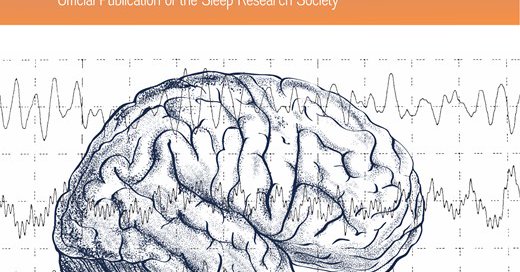
Michael Scullin
@BaylorSleep
Followers
469
Following
388
Media
18
Statuses
199
Associate Prof @Baylor. Translational cognitive scientist interested in sleep, memory, aging, museum learning, & technology supports for Alzheimer's disease.
Waco, TX
Joined December 2018
The 2026 Infographic Contest is now open with the theme, 'Better Sleep Builds Better Social Connections' 💤🤝 💡The SRS invites you to combine text and visuals to illustrate how better sleep promotes positive social connections. Your infographic should highlight ways in which
0
3
7
Rather than 'digital dementia,' we found that tech use in digital pioneer older adults was linked to lower risk for cognitive impairment (OR=0.42;k=57;N>400k), accounting for a range of factors. @TechReserveLab Link to Nature Human Behaviour paper:
Widespread use of digital technology may be associated with lower rates of cognitive decline and cognitive impairment in adults over 50 years old, according to a meta-analysis published in @NatureHumBehav.
0
0
2
Thank you so much to all you amazing experts for joining #EverydaySleepChat! Everyone, go follow @ResearchSleep, @JSaletin, @rebeccasrobbins, @sleeplovewell, @MPStOngePhD, @BaylorSleep & @Pat_CarterPhD for the best #sleep info out there.
0
4
7
A11. Before bedtime, write down your worries and to-do list. Offloading your thoughts before bed helps people fall asleep faster by reducing rumination. https://t.co/MdPlrWVJnO
#EverydaySleepChat
bbc.com
If you find it hard to get to sleep, then a solution might be at hand – a pen and paper.
0
2
5
For more information from SRS, read the Adolescent Sleep Health public education brief : https://t.co/S3kc0lq6Eg
#EverydaySleepChat #EverydaySleepChat
0
0
2
#everydaysleepchat A9. Parents should know about teens' circadian phase delay, which may contribute to not falling asleep early and to difficulty rising. Don’t assume willfulness or laziness. Part of puberty is becoming a little bit of a night owl 🦉 https://t.co/EeAavQnmXT
1
4
9
Students who cut back on sleep to study are undercutting their long term academic prospects. Increasing sleep leads to better overall grades, even during finals week. https://t.co/dD5uiapcz1
#EverydaySleepChat
community.thriveglobal.com
Extra credit incentives reverse poor sleep habits and improve final exam grades.
1
1
6
Extending sleep from 6.6 hours to 7.4 hours/night improves feelings of gratitude, resilience, life satisfaction, and purpose in life, even when accounting for people's mood state #EverydaySleepChat
sleep.com
Can improving your sleep help you thrive? We explain the link between sleep and flourishing.
1
3
10
Hi all! I'm an Associate Professor @Baylor who studies sleep, cognition, and educational learning. #EverydaySleepChat
0
0
5
🌙✨ Get ready for a restful night! The SRS is again partnering with Everyday Health for the annual #EverydaySleepChat! 💤 Join us on X tomorrow, March 12, at 1 p.m. ET as we tackle those pesky myths and share tips for improving your sleep! 🛌💤
0
3
8
"aligning with one’s chronotype was not the best choice for everyone’s mental health. It was better, in fact, for night owls to lead a misaligned life...Zeitzer recalled 'We spent six months trying to disprove it, and we couldn’t'.” https://t.co/AckT6g0FPp
med.stanford.edu
In a new, large-scale study of sleep behavior, Stanford Medicine scientists found that night owls don't really thrive late at night.
1
3
4
The Key to Flourishing? Get Better Sleep
sleep.com
Can improving your sleep help you thrive? We explain the link between sleep and flourishing.
0
0
0
The pioneering work of sleep scientist Mary Carskadon at @BradleyHospital's Sleep Research Laboratory inspired a global movement to push back high school start times. @KenMillerWrites tells how in the Brown Alumni Magazine #startschoollater
brownalumnimagazine.com
Why do teens sleep so late? Is there a scientific way to measure how sleepy you are? Pioneering sleep scientist Mary Carskadon has answers—and is still discovering new frontiers.
0
9
22
Spring training: "The sleep changes you are making now are not for this week...they are for October." #WorldSeries #WorldSeries2024 #Dodgers
0
1
4
People who sleep better are more likely to donate to local organizations and places of worship, including when adjusting for demographics and income. https://t.co/iOlc3qMnij
0
0
1
Despite the recognized importance of sleep for overall well-being, a significant proportion of today’s population does not get enough. This editorial looks at the benefits of catch-up #sleep versus the risks of sleep irregularity.
academic.oup.com
Despite the recognized importance of sleep for overall well-being, a significant proportion of today’s population does not get enough. The American Academy
1
8
27
Achieve your best with the power of a well-rested mind! 🧠 From better grades & improved sports performance to a brighter outlook & smarter choices, quality sleep makes all the difference. Celebrate #StudentSleepWeek & embrace the benefits of restful nights for a brighter future!
0
2
3
Nice SLEEP editorial on how REM sleep dysfunction (not only SWS!) predicts or contributes to Alzheimer’s disease progression @NeusFalgas @ResearchSleep
academic.oup.com
In the study of sleep and neurodegeneration, slow-wave sleep (SWS) has typically garnered more attention due to its connection with Alzheimer’s disease (AD
1
2
16












